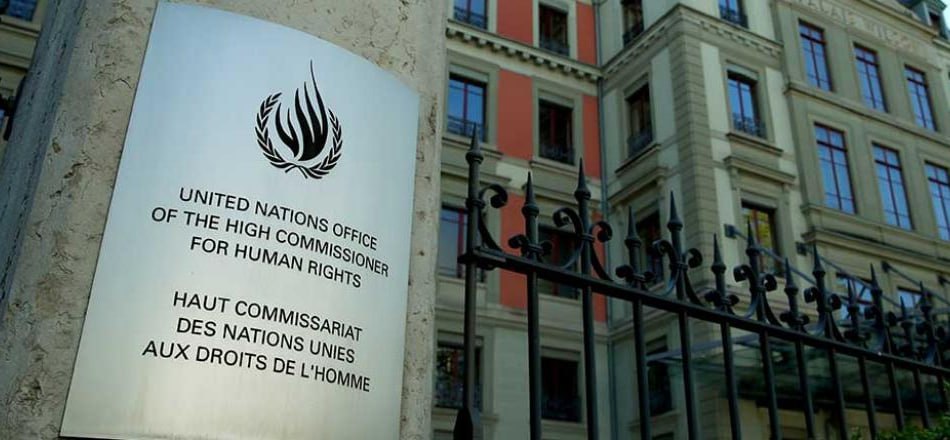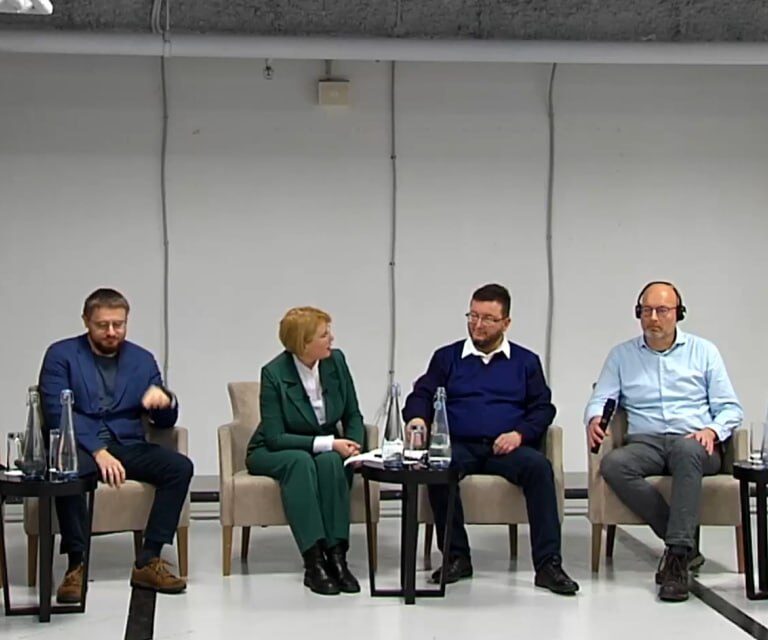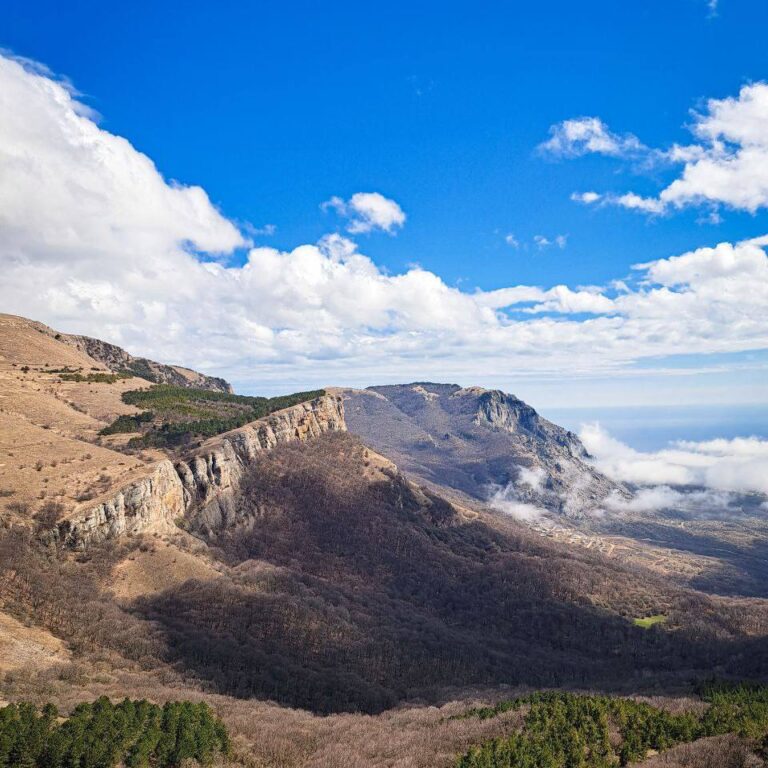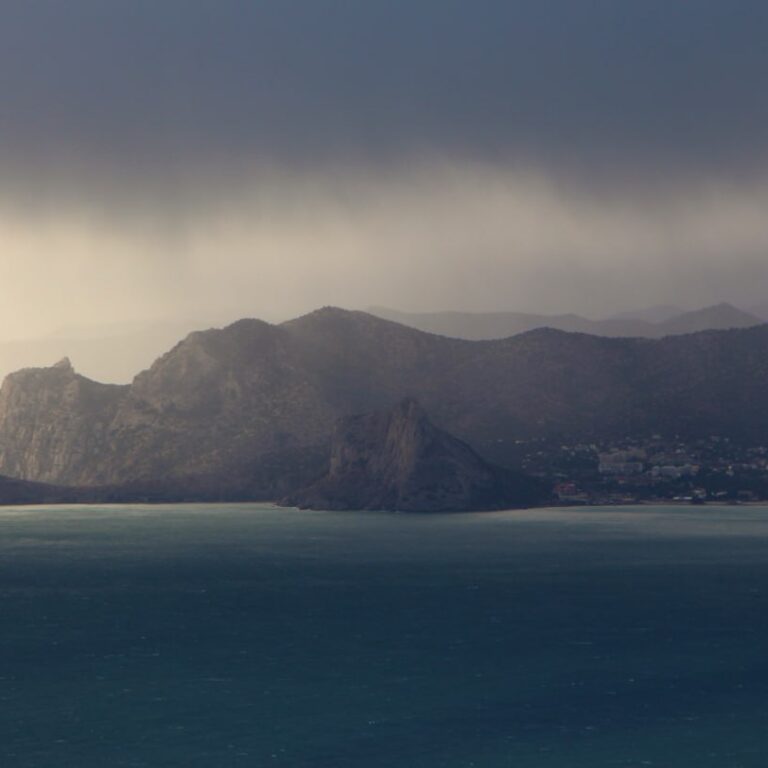During permanent co-operation with UN bodies our Association submitted materials to OHCHR for Secretary-General’s analytical study on the impact of loss and damage from the adverse effects of climate change on the full enjoyment of human rights, executing UN Human Rights Council’s resolution 53/6, 2023 “Human rights and climate change”
Our Association’s submission, prepared by experts Borys Babin, Anna Prykhodko, Tsybulko Olesia and others, and published at UN web-sources now, stressed, that Russia as aggressor state bears the responsibility for violation the conflict related violation of Ukrainians’ individual and collective ecologic rights, relevant mechanisms of compensation and reparations must be established with strong participation of UN bodies.
Association’s submission reminded, that negative climate changes are not the side effect of Russian aggression against Ukraine, but it is one of its major goals.
As it is known the Kremlin administration use the narratives that the global warming and ocean level rise are allegedly “useful for Russia” as such situation will allegedly allow to develop actively the natural resources of Russia-controlled northern part of Eurasia.
So damage connected with climate changes, caused by Russian aggression is committed by Russia-controlled structures with direct intent, submission stresses.
Association’s submission reminded about COP 27 & COP 28 discussions that the main negative consequences for the Crimea, are the desertification of the Western Crimea, the deforestation of the Crimean mountains, the destruction and disappearance of marine coastal aquatic complexes, the collapse of biosystems of the Azov seas, soil salinization of the Central and Eastern Crimea.
Association’s submission described the Russian troops’ destruction the dam of Kakhovka HPP and stressed that corresponding negative impacts of Russian aggression against climate is qcaused by atmospheric pollution due to mass extensive emissions of combustion products, thedestruction of thousands of square kilometers of forests and plantations near frontline, as well as natural soils in the combat zone close to the Crimea, by the Russian occupiers’ intervention in the melioration management and natural watercourses in Southern Ukraine.








